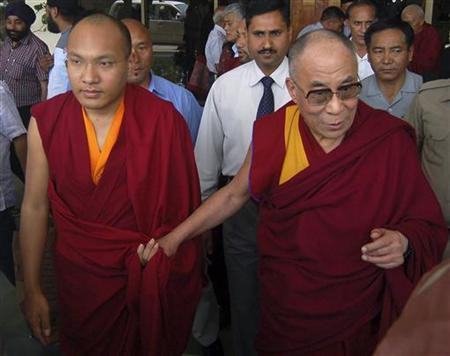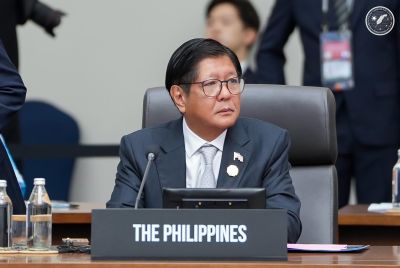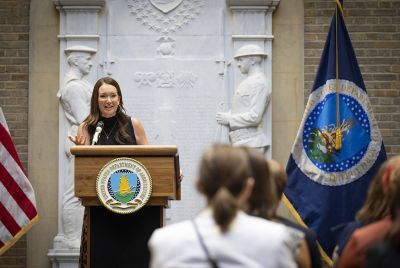Twelfth Tibetan Monk Immolates Himself in Protest against Chinese Rule

The twelfth Tibetan monk this year has set himself on fire - this time in the Tibet Autonomous Region.
The International Campaign for Tibet, a U.S.-based charity, reported that Tenzin Phuntsog, a former monk, set himself alight in the Changdu prefecture of the Tibet Autonomous Region. He suffered severe injuries but survived and was taken to hospital.
It is the first time that a monk has resorted to self-immolation in protest against Chinese rule within the Tibet Autonomous Region, as all the previous incidents occurred in Tibetan areas of Sichuan province, according to the news aggregator Global Post.
"[The former monk] was very frustrated by the recent imposition of restrictions on Karma monastery and by the detention of many monks. There was even talk by Chinese officials of closing the monastery," Radio Free Asia and the BBC quoted a source in Tibet as saying.
The 11 Tibetan monks, nuns and former clergy who set themselves on fire since March this year have called for the return of the Dalai Lama, who has been in exile since 1959, and for a free Tibet
Last month, the horrifying video of what was believed to be a Buddhist nun engulfed in flames on a city street was smuggled out of the country and given to Students for a Free Tibet, which released it to the media and posted it on YouTube.
Qiu Xiang, 35, who went by the Tibetan name Palden Choetso, was the second nun in Dawu county, a predominantly Tibetan region of Sichuan, to commit suicide by self-immolation.
The video also shows Chinese security forces in riot gear shadowing monks and nuns taking part in a protest march, as well as a column of armoured paramilitary police patrol vehicles traveling down a country road.
The Dalai Lama expressed concern over such an extreme form of protest. In an interview with the BBC, he said he does not encourage Tibetans to set themselves on fire. "There is courage -- very strong courage. But how much effect? Courage alone is no substitute. You must utilise your wisdom, " the 76-year-old Buddhist leader told the BBC.
The exiled spiritual leader has blamed hardline Chinese policies, which he describes as "cultural genocide", for a wave of self-immolation by Tibetan Buddhist monks and nuns.
China claims Tibet has always been part of its territory, but many Tibetans say the Himalayan region was virtually independent for centuries.
Authorities routinely deny Tibetan claims of repression, although they have confirmed some cases of self-immolation and accused supporters of the Dalai Lama of encouraging such acts. The Dalai Lama and representatives of the self-declared Tibetan government-in-exile in India say they oppose all violence.
© Copyright IBTimes 2025. All rights reserved.





















